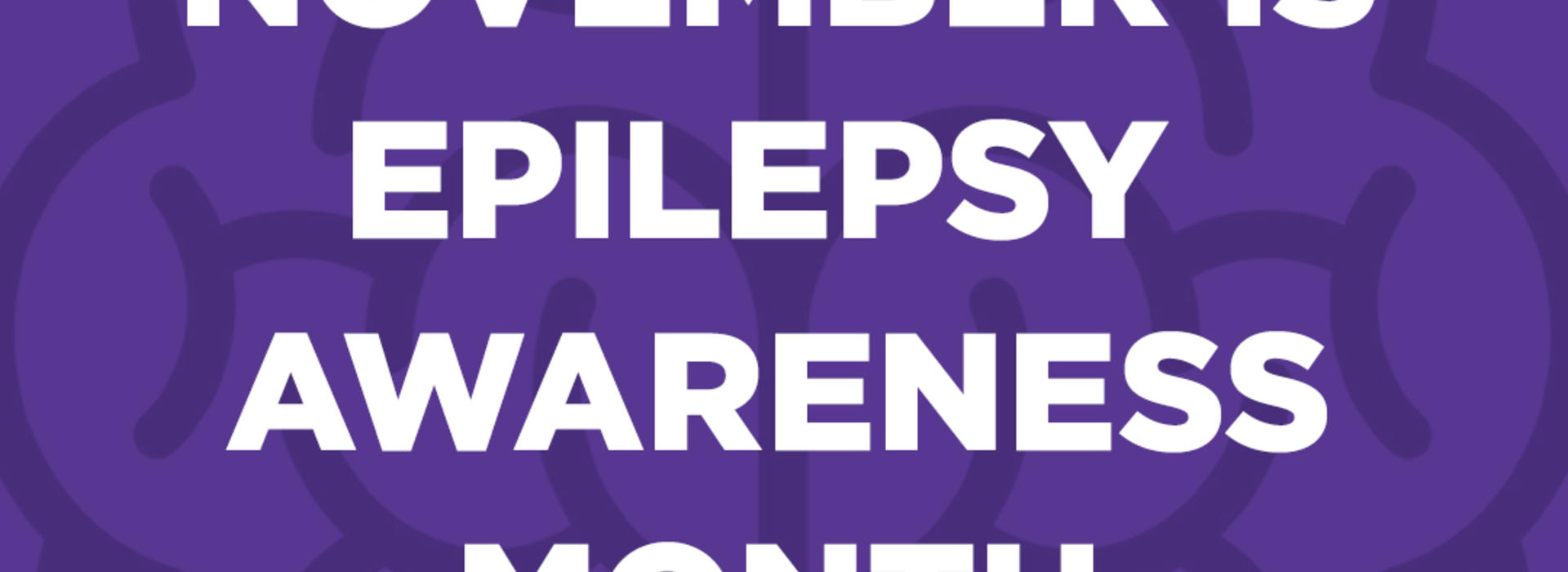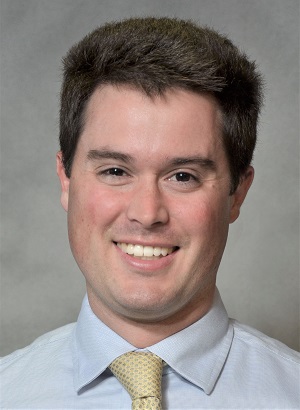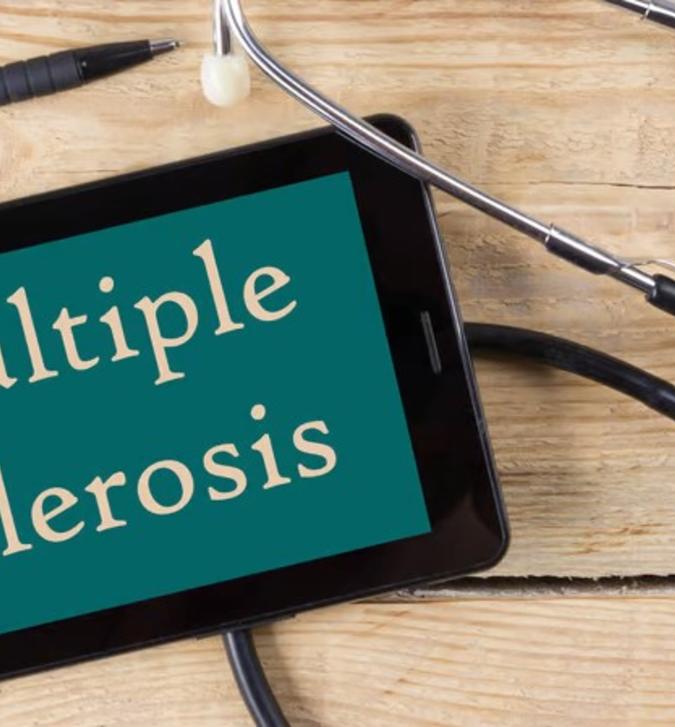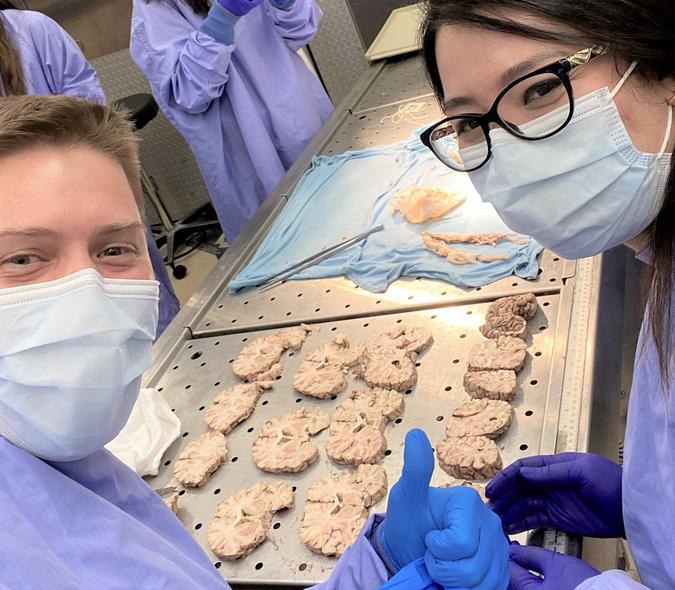
Helping those with epilepsy lead productive, meaningful lives
1 in 10 people will have a seizure and 1 in 26 will develop epilepsy during their lifetime. There are more than 3.4 million people with epilepsy nationwide. It is the fourth most common neurological condition after migraines, stroke, and Alzheimer's Disease. Sometimes called a seizure disorder, epilepsy is a neurological condition characterized by someone having two or more unprovoked seizures. A seizure is a brief electrical surge in the brain that can cause convulsions, changes in an individual’s behavior, and/or unconsciousness.
Although seizures occur due to abnormal electrical activity in the brain, epilepsy is not a mental illness nor a mental impairment. Other common misconceptions about epilepsy are that it’s contagious and all seizures are the same, both of which are false. Seizures can affect people of all ages in many different ways. Source: Epilepsy Foundation.

Eric Waldron (pictured here), PhD, LP, ABPP-CN, a neuropsychologist in the Department of Rehabilitation Medicine’s Division of Adult Neuropsychology, has been working with individuals who have epilepsy for more than 10 years. “Epilepsy is a secondary outcome from another brain condition that developed as a result of head injury, tumor, stroke, or other neurologic condition,” he said. “It can also be genetic. It’s not a specific disease process.”
Epilepsy has a significant impact on those who have it. “It’s not uncommon for folks with epilepsy to have had the condition since they were young and not know it,” said Waldron. “Even if their seizures began when they were older, it’s typical that the brain networks kindling them were a little abnormal from the start.”
Cognitive difficulties
People with undiagnosed epilepsy may have had lifelong cognitive difficulties. “The condition can affect generations of a family,” said Waldron. “That means they may have had less support throughout their lives and can struggle financially, educationally, and occupationally.” That makes having epilepsy different than having other neurological diseases where there is more of an even distribution among socio-economic levels.
When Waldron is working with his epilepsy patients, he considers all the factors that may be influencing their lives. “Their cases are complicated,” he said. “We’re not just dealing with cognitive function but also with developmental history and mental health.” These patients may be working or going to school. “We have to think about how to make accommodations for them in those environments,” Waldron noted. “Seizures are really disruptive. We try to find ways to help our epilepsy patients lead productive, meaningful lives.”
As Waldron works with these patients on Tuesdays and Wednesdays at MINCEP Epilepsy Care in St. Louis Park, MN, he is trying to answer certain questions that often progress from initial diagnosis to medication management to preparing them for surgery.
Comprehensive workup
If the question is about a preliminary diagnosis, the workup can be lengthy. “They go through a series of neurologic evaluations, have electroencephalograms taken, and are sometimes admitted to the hospital for a week or more to see if seizures can be triggered and recorded to identify the part of the brain that’s causing them,” said Waldron. “It’s not like going in for a quick office visit or a scan.”
Although grueling, if the resulting diagnosis is epilepsy, it can be validating. “These individuals may have dealt with cognitive issues their entire lives and never understood why,” said Waldron. “Our tests show them that there is something causing those issues.”
Another question Waldron may have to answer is whether the patient has become toxic on their medication. “It’s not uncommon for epilepsy medication to have deleterious effects,” he said. “While good at treating seizures, antiseizure medicines can have a negative impact on cognitive abilities.”
Waldron also uses a broad set of in-clinic evaluations and tests for those who are going to have surgery to help treat their epilepsy. “The process enables us to get a good cognitive baseline to determine if there are any post-operative issues,” he explained.
Helping improve diagnosis/treatment
To help improve the diagnosis and treatment of epilepsy, Waldron participates in clinical research and has worked closely on investigative projects with pioneering epileptologist, Thomas Henry, MD, of the U’s Neurology Department. In addition to Neurology, the Adult Neuropsychology Division collaborates with departments such as Psychiatry and Behavioral Sciences, Psychology, and Neurosurgery on research, patient care, and education.
When teaching residents, fellows, and medical students about working with individuals who have epilepsy, Waldron believes it’s important to encourage them to think broadly about all the things that impact these patients’ lives. That could include developmental factors, family support structure, and mental health status. “For example, it's important for them to know that people who have epilepsy tend to have higher rates of depression and anxiety,” he said.
Treating these patients is rewarding, according to Waldron. “I get to spend a lot of time with my patients helping them understand what’s going on,” he said . “It’s gratifying to see folks who have really disruptive seizures get their lives back after being on medication or having surgery. They get to go back to work or to driving a car, things most of us take for granted.”



